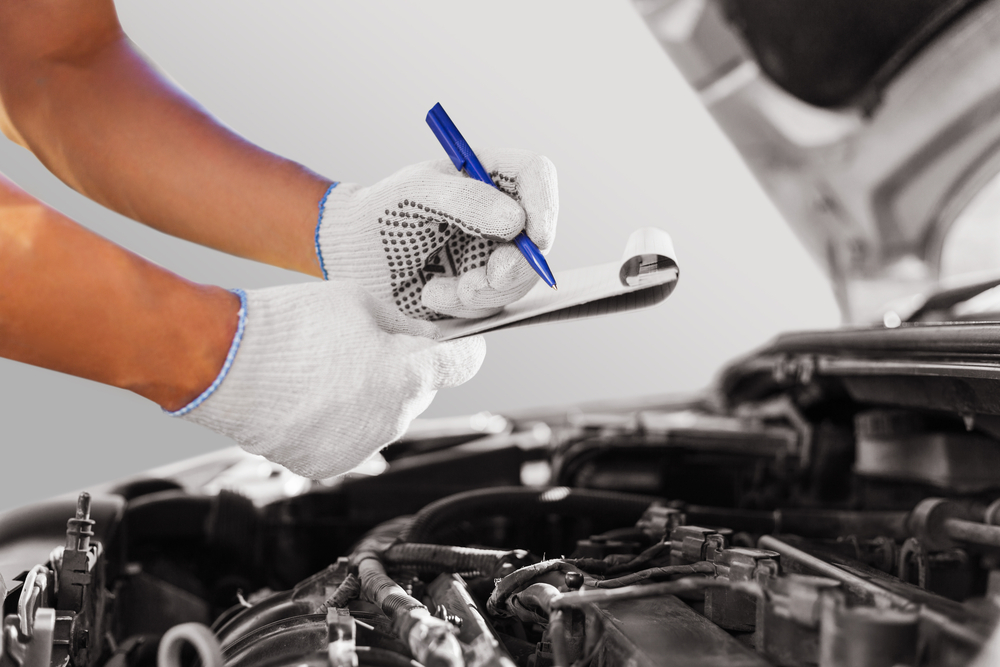
If you are looking to buy a used car, it pays to be extra cautious. Buying a car, even a second-hand vehicle at that, is a huge transaction. It is your right as a buyer to take all the necessary pre-purchasing steps, so you don’t end up owning a “lemon” car. It is also important to familiarize yourself with existing rights and responsibilities of both buyer and seller, so you don’t end up spending more than your actual budget.
No buyer wants to end up with a lemon, but unfortunately, it’s still a prevailing problem in the second-hand vehicle market. Sadly, there are still unscrupulous sellers who will tamper with car components to hide serious damages, which are not only costly but can result in accidents. The best way to protect yourself from buying a lemon is to follow these car buying tips from Sydney car care experts. These tips will empower you to shop with greater confidence and lessen the frustrations commonly associated with the care buying process.
So, what makes a car lemon?
A lemon car features one or more defects that make them unsafe to drive. Examples of defects that make a vehicle lemon are dead engine, faulty brakes, poor fuel economy, and broken transmission to name a few.
In recent years, buyers who are looking into buying a car, brand-new or used, turn to online dealerships for their next car purchase. It’s inarguably tempting to purchase cars online as they come with cheaper price tags. Online buying carries a few risks, too. Purchasing a car based on a seller’s claim is not a guarantee. To shop with confidence, it’s best to follow our expert tips.
-
Do your research
Before you start looking for vehicles through online platforms or classified ads, create a solid picture of what you want in a car, new or used. List down all the features that you need and name your budget. By doing these things, you will successfully narrow down your search to a few listings.
Once you find vehicles that match your preferences or criteria, it’s time to do a more comprehensive research using useful resources such as Redbook. You will have a better understanding about valuation if you use this helpful tool in finding the car that meets your budget. Redbook also serves as a good reference when you start negotiating.
If the car price is too good to be true, be extra wary. Most often, cars on sale with the ideal features at a low price are lemon.
Most buyers will look at the mileage of the car. Lower kilometres driven indicate a car’s overall condition. An additional factor that needs to be assessed is how well a car has been maintained by the seller or original owner. Ask additional questions if you are unsatisfied with the information provided by the seller.
-
Check reliability record
A good way to minimise the risk of buying a lemon is by selecting car models with a good reliability record. You can turn to trusted online sources of unbiased reviews and reports. These sites have comprehensive documentation of each car maker and models’ reliability records.
-
Inspect the exterior
Schedule a viewing with the seller. Make sure to be thorough in inspecting the exterior aspects of the car. Check for dents, chipped paint, mismatched parts, or broken lights, and housings. Inspect gaps between body panels and make sure they match the intended width and line up for that specific make or model.
A closer look will reveal paint overspray on chrome, rubber trim, or vehicles wheel wells. These are signs that a vehicle has undergone body-panel repair in the past.
If the door, hood, and trunk don’t close or seal properly, this is a sign of previous damage or subpar repair work. Weld inconsistencies on hoods, doors, and the trunk also indicate previous repairs.
-
Check the interior
A closer look into the cabin will reveal many significant problems, such as missing knobs, handles, and buttons. Frayed seat belts or those with melted fibres are characteristic of frontal impact above 15mph. Sellers should typically cover replacing damaged safety belts before putting their vehicles on sale. Worn pedals or sagging driver’s seats indicate a vehicle’s high mileage. Consequently, an air bag warning light that stays lit means that it has been deployed or improperly replaced in the past.
Inspection also includes observing the overall smell of the interior portion of a vehicle. A mildew smell indicates water leaks and are particularly difficult to get rid of. Discoloured carpeting and intermittent electrical problems are tell-tale signs of flood damage.
These are just some tips that will help you determine whether a vehicle you’re eyeing to buy is a lemon. If you want a more detailed inspection, it’s best to entrust this job to a trusted car mechanic. HP Automotive is a renowned auto repair shop in Sydney. Apart from traditional repairs, they also provide pre-purchase inspection services in Sydney and surrounding suburbs. If you want to schedule an inspection or if you have any car-related woes, call the HP Automotive direct line today.
